I have written a small review for the 1983 movie WarGames. The review is extended by background information on phone-phreaking. The article will eventually become part of my Computer Science book that I am writing scheduled for release in January 2016. Enjoy! There is also a PDF version for download Wargames
WarGames Retro Review
Back in the early 80’s the first personal computers had only just started to seep through into society. Chances were you didn’t have one, neither did your friend or your neighbors. However, you’re teacher might have one and the acquaintance working for that big tech firm might have one at home. People did know that computers could communicate through the telephone. WarGames is about David Lightman, played by Matthew Broderick, a teenage kid and a bit of a recluse who uses his computer to hack into NORAD and play war games with the simulator WOPR. Of course David doesn’t know he hacked into NORAD. David thinks it is a tech firm with military connections somewhere in Sunnyvale California. Joshua, the real name given to WOPR by its original designer accepts David’s offer to play a game, in this one entitled ‘Global thermonuclear war’. It is in fact a simulation of a World War 3 scenario. The techies of Strategic Air Command at NORAD can’t tell the difference and think that David’s attempt to defeat Joshua is an actual Soviet attack. It is only later that David learns on the news that the US military was placed on high-alert.
Before long David is in over his head as the FBI arrests him. He tries to convince them in vain that the WOPR simulation is not real and that the nuclear missiles shouldn’t be launched. Only after escaping the clutches of the FBI and consulting Joshua’s original designer Dr. Stephen Falken, played by John Wood, does he manage to convince the authorities it has all been a ghastly mistake.
WarGames is very much a child of its time. Though everything that happens would have been possible in 1983 when the movie was released, at least in theory. The spectacular NORAD set at the time cost over 1 million dollars to build and certainly helped in creating the notion that hacking could be dangerous beyond just being a nuisance. Director John Badham readily admits that he tapped into the common fears and misunderstandings people had about computers in the early 80s. Some of those fears persist. One example was when hacker Kevin Mitnick (The Condor) was held in solitary confinement because prosecutors convinced a judge that by merely whistling into a phone he could launch a nuclear missile[1]. Kevin Mitnick has written several books on his hacking exploits, especially those relating to social engineering, which are still relevant today.
The hacking methods used by the David Lightman have their basis in phone phreaking, that is, using the telephone communication system that the US had at the time to get free calls and detect who the persons where using a certain number. Unlike those phone-phreakers from the 60’s David uses an automated process with his personal computer. Much of the technical stuff is now obsolete as is phone-phreaking in general. However, the methods David uses to obtain information about his targets are still hacker 101, such as Wardialing.
Though phreaking has its murky origins in the 1950s its golden age came when Joe Engressia (JoyBubbles) learned how to whistle at the right tone to reset the phone switches. This skill was used to by him to sell long-distance phone calls to friends and acquaintances. Similarly, John Draper discovered that the plastic whistle included as free gifts with the Captain Crunch cereal box would also allow phone-users to reset switches. John Draper later on used the handle Captain Crunch. The tone that was required to reset the switches was 2600 Hz. John Draper also constructed what are known as a Blue Box, multifrequency tone generator, that could automate the process of resetting switches. Such a design was used by AT&T in-house.
After Draper got into difficulties with the law he taught his skills to build blue-boxes to Steve Wozniak and Steve jobs who together would cofound Apple Computers just a few short years later. Draper would in the late 70s also write a BASIC cross-compiler for the Apple 2. At around the same time Microsoft cofounders Bill Gates and Paul Allen developed Altair BASIC for the Altair 8800, one of the first personal computers developed in 1974 and sold by mail order. The computer used by David Lightman in WarGames is an IMSAI 8080[2], a clone of the Altair 8080.
Early personal computers such as those developed by members of the Homebrew Computer Club used variants of the BASIC programming language. Since then the language has fallen out of favor with C, its variants and Java becoming dominant. BASIC will mostly be remembered as the language that started the personal computer revolution when in the mid-1970s a critical mass of programmers familiar with the languages created the first programs.
Now BASIC is mostly used by Microsoft as Visual Basic .NET[3]. For Linux only LibertyBASIC has a working port[4], though the website Run BASIC supports an online interpreter. Below you can see a small program written in Run BASIC. Use it, expand it, play with it a little to get the feel of the old BASIC language!
PRINT “Greetings Professor Falken.”
[loopBack]
INPUT “Shall we play a game? “; answer$
IF answer$ = “y” or answer$ = “yes” THEN GOTO [loopBack]
PRINT “Fine”;
[loopBack]
INPUT “Type a number between 1 and 10”; number
IF number < 7 THEN [loopBack]
IF number > 7 THEN [loopBack]
IF number = 7 THEN PRINT “Good guess”
Since the 1980s the telephone system has become digitized, thus making phreaking attacks impossible. However, its legacy continues into the hacking culture. Two magazines on hacking and counter-culture continue to exist today: 2600: The Hacker Quarterly[5] and PHRACK. The former is still going strong and is edited by Emmanuel Goldstein (Eric Corley). 2600 is also famous for regularly organizing hacker conferences: the HOPE series which is a bi-annual conference held in Manhattan. The next one, HOPE XI should be scheduled for 2016.
This was my WarGames Retro Review. If you find any typos, errors or blatant omissions please comment below!
[1] http://www.cnet.com/news/social-engineering-101-mitnick-and-other-hackers-show-how-its-done/
[2] http://www.imsai.net/movies/wargames.htm
[3] https://en.wikipedia.org/wiki/Visual_Basic_.NET
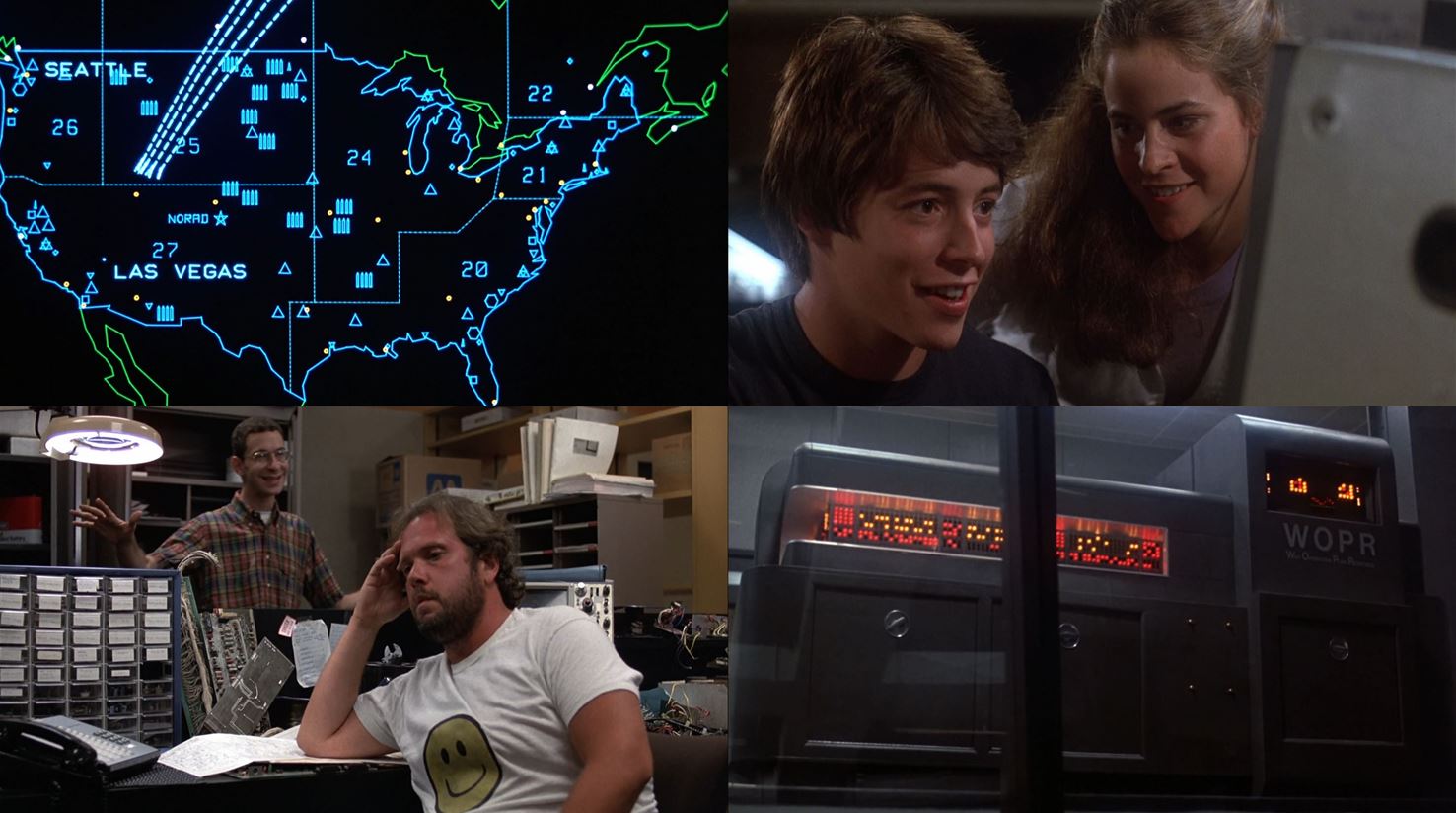

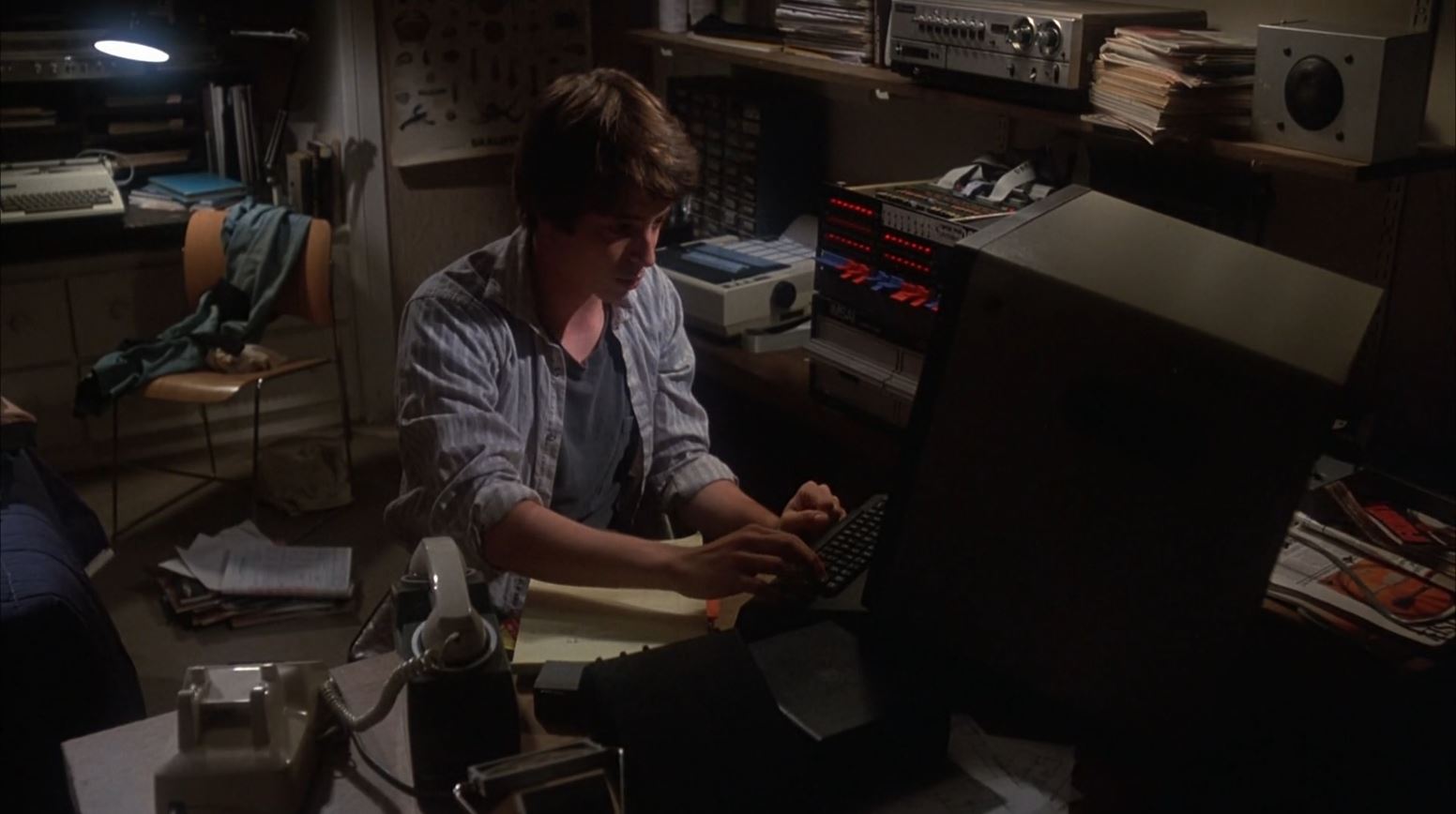
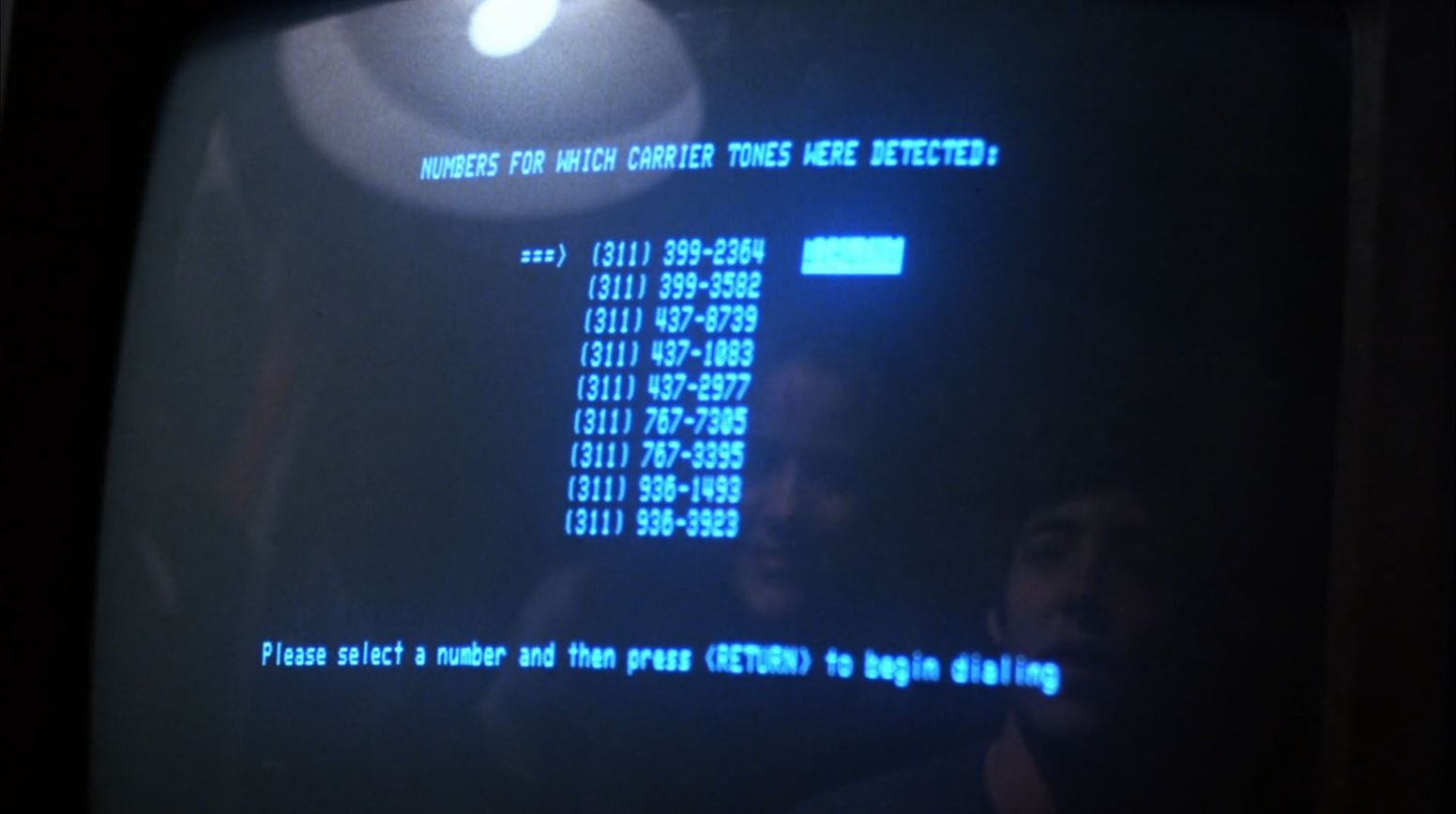
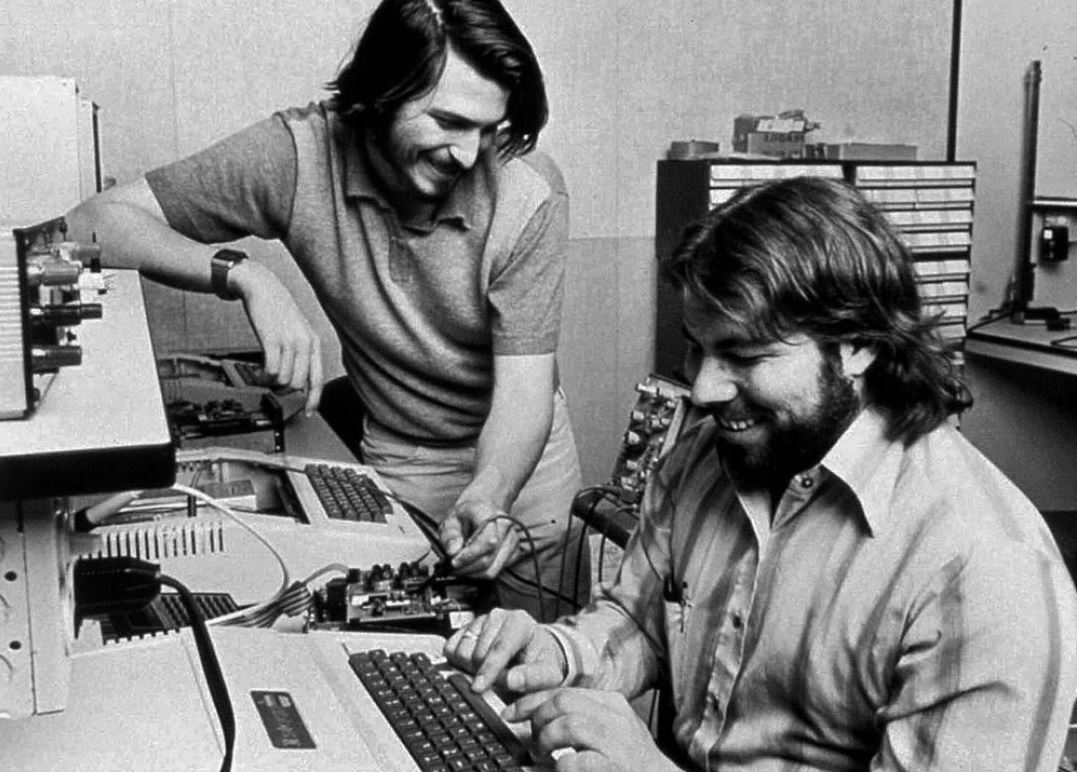
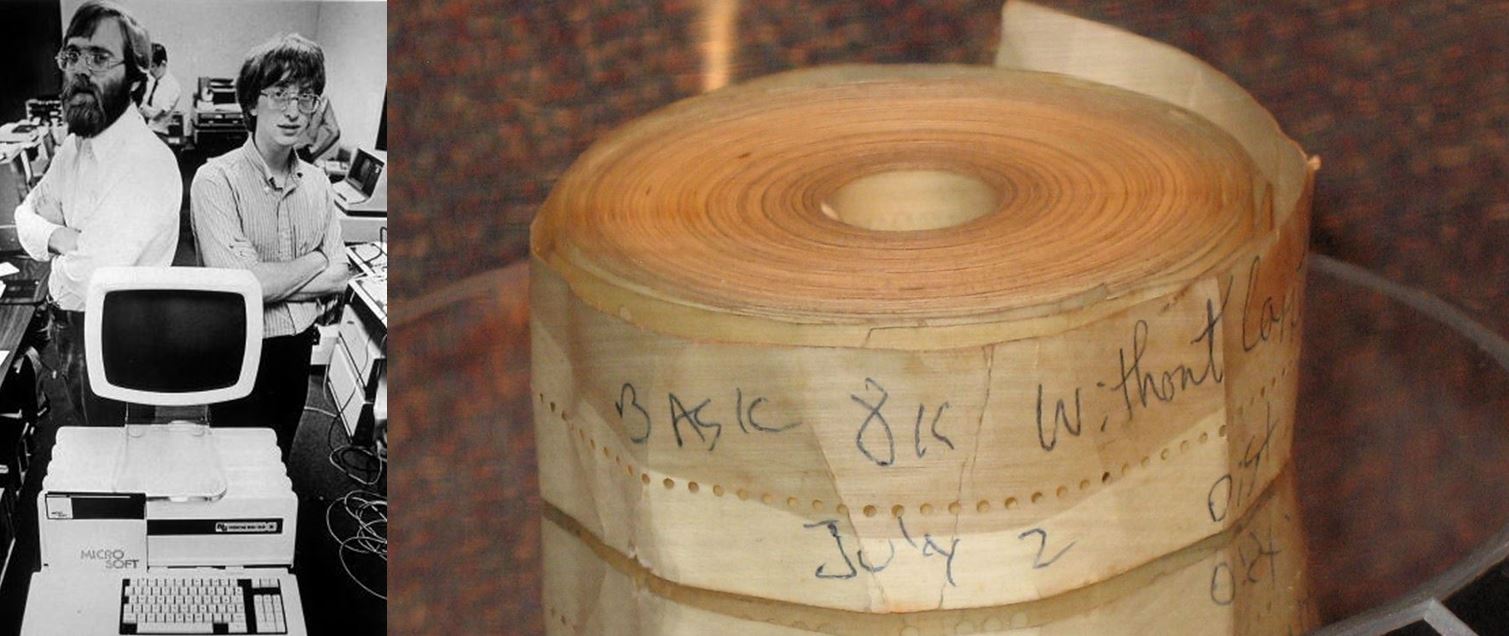
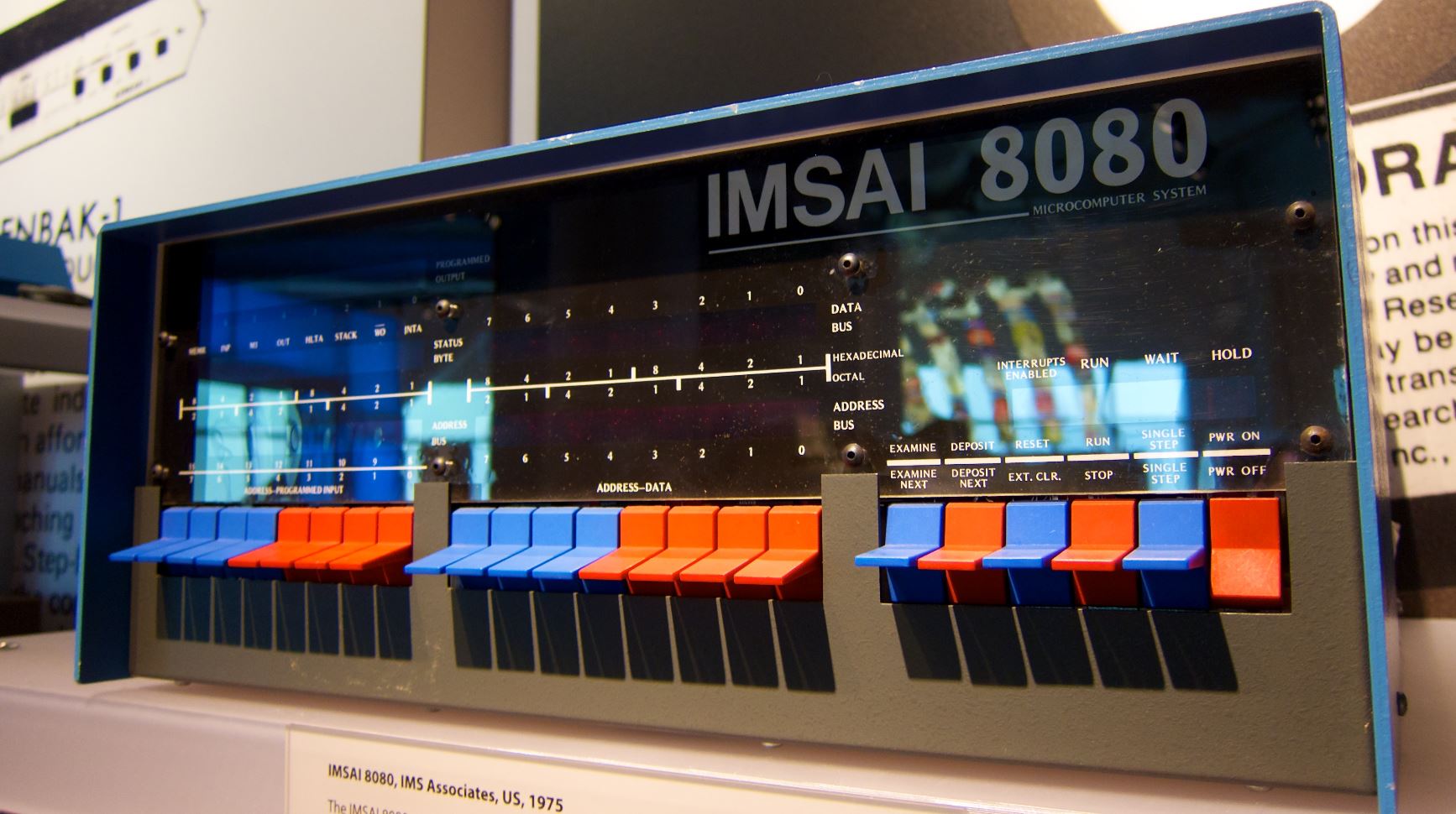



More Stories
A Happy New Year from SciFiEmpire
Wishing You A Happy Christmas, From SciFiEmpire.net
Things To Look Forward To in 2022